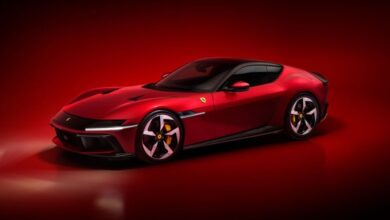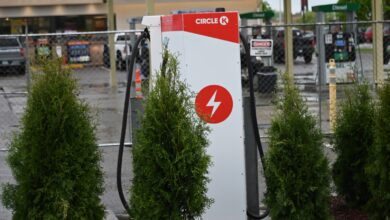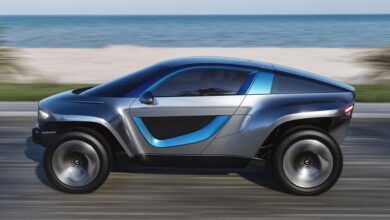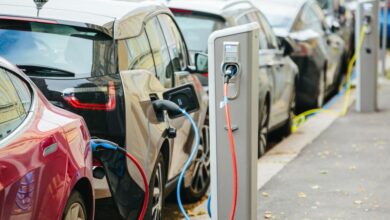EV Demand Dips as Charging Concerns Rise
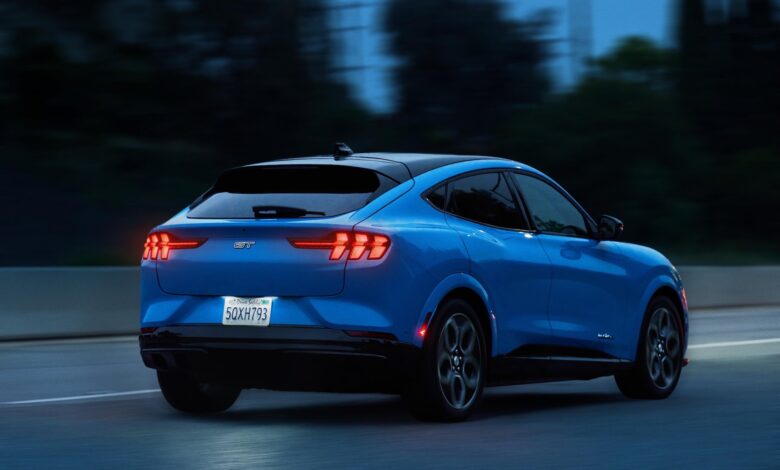
Sign up for our popular daily email to catch all the latest EV news!
Consumer demand for electric vehicles (EVs) has waned as the industry navigates ongoing challenges, according to the J.D. Power 2024 U.S. Electric Vehicle Consideration (EVC) Study. This year marks the first decline in new-vehicle buyer consideration since the study’s inception in 2021. The study reveals that only 24% of shoppers are “very likely” to consider purchasing an EV, down from 26% last year. Additionally, the percentage of shoppers who are “overall likely” to consider purchasing an EV has dropped to 58% from 61% in 2023.
Key Highlights:
- EV Consideration Drops: The percentage of consumers “very likely” to consider an EV has decreased to 24%, a decline from 26% last year.
- Charging Concerns Dominate: 52% of shoppers cite the lack of charging station availability as a major reason for rejecting EVs.
- Gen Z and Gen Y Impacted: Consideration among Gen Z and Gen Y shoppers has decreased, with affordability being a significant factor.
- Long Commutes Affect Consideration: Shoppers with longer commutes are less inclined to consider EVs due to reduced fuel prices and increasing charging concerns.
- Household Vehicle Influence: Shoppers looking to add a second vehicle are more likely to consider an EV than those relying on a single vehicle.
Detailed Insights:
Affordable EV Models and Knowledge Gaps According to Stewart Stropp, executive director of EV intelligence at J.D. Power, the primary barriers to EV adoption include a shortage of affordable models, charging infrastructure concerns, and a lack of awareness regarding EV incentives. Stropp emphasizes the importance of educating consumers about EV incentives to boost consideration. However, around 40% of shoppers still lack a solid understanding of these incentives.
Economic Factors and Model Availability Several economic factors also contribute to the decline in EV demand, such as lower year-over-year fuel prices, persistent inflation, high-interest rates, and slow growth in the availability of new EV models. Automakers are increasingly focusing on hybrids and plug-in hybrids, which may also be influencing consumer choices.
Generational Differences in EV Consideration The study highlights that younger buyers, particularly Gen Z and Gen Y, are most affected by the lack of affordable EV models. Despite this, 24% of Gen Z and 32% of Gen Y shoppers are still “very likely” to consider an EV, the highest ratios among all generational cohorts.
Charging Infrastructure and Commute Impact Charging concerns are a major deterrent, with 52% of potential buyers rejecting EVs due to inadequate charging station availability. This issue has intensified year-over-year, underscoring the growing apprehension about public charging infrastructure. Furthermore, shoppers with longer commutes are now less likely to consider EVs, a reversal from previous trends.
Vehicle Ownership Dynamics The study finds that shoppers considering an additional vehicle for their household are more inclined towards EVs (68% overall likely), compared to those relying on a single vehicle (47% overall likely). This indicates that without a backup vehicle, consumers are more cautious about the logistics of EV ownership.
The U.S. Electric Vehicle Consideration (EVC) Study is a benchmark for assessing consumer interest in fully electric vehicles. This year’s study includes responses from 8,179 consumers collected between January and April 2024.
For more information, visit the J.D. Power website.
Sign up for our popular daily email to catch all the latest EV news!
